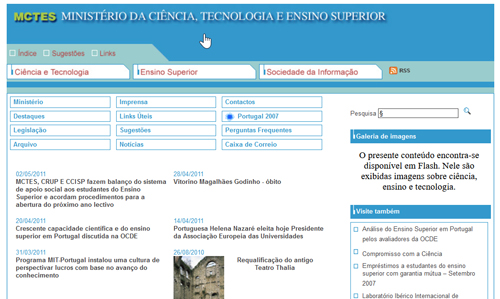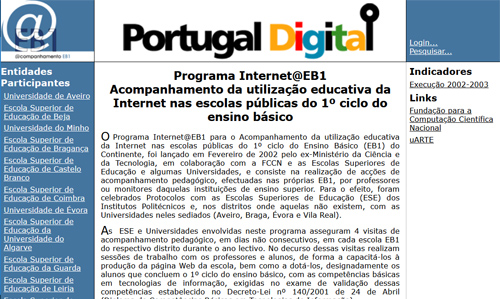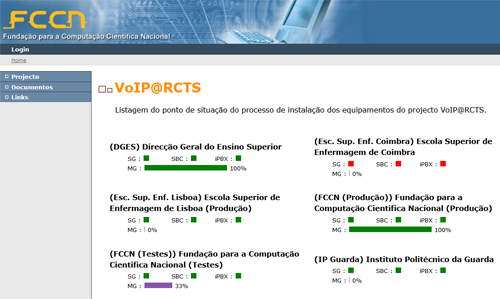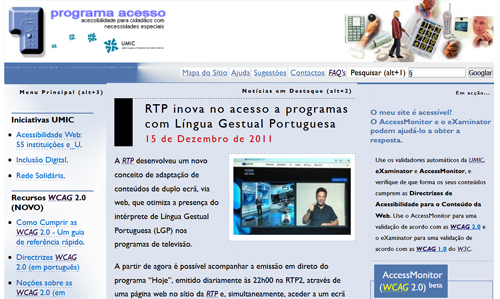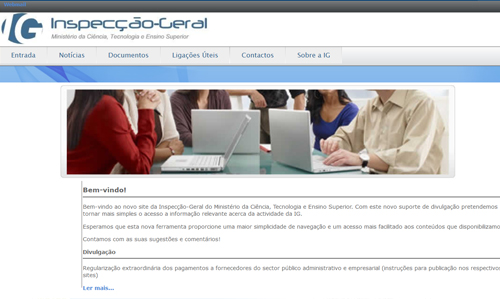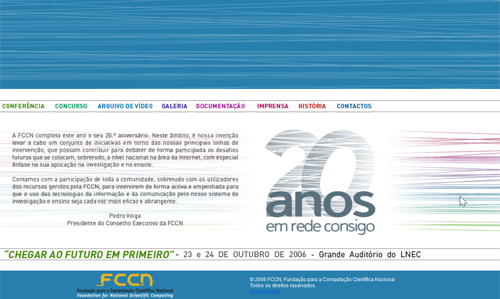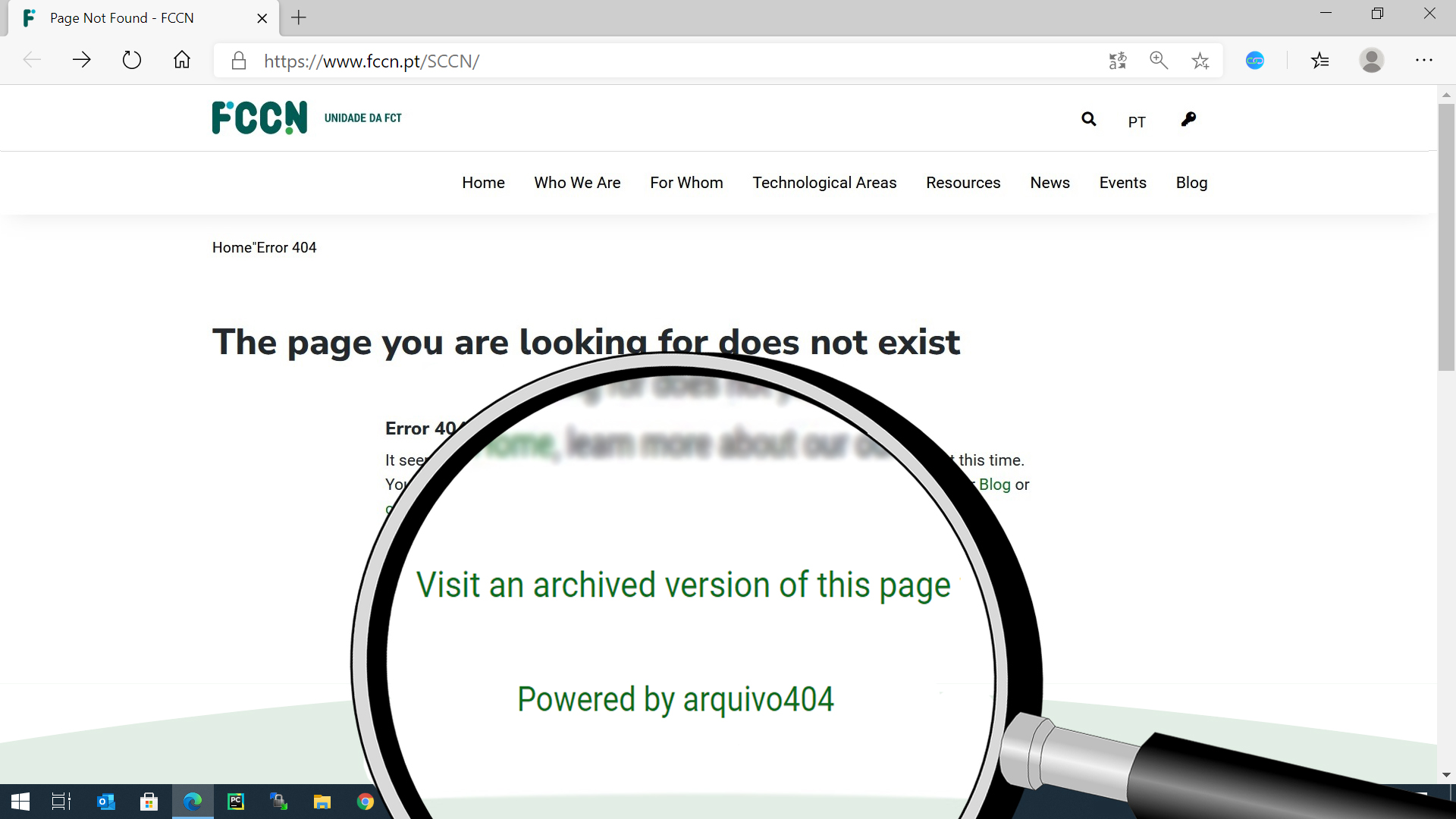Last updated on April 17th, 2023 at 06:32 pm
Organizations keep domains that referenced websites which are no longer used, to prevent them from being bought or because they were just forgotten.
The aim of project Renascer (Reborn) is to bring back historical websites whose content is no longer available online and whose domain continues to be held by their authors.
“Forgotten” domains can cause cybersecurity problems
In May 2023, the domain hmsportugal.pt of the Harvard Medical School-Portugal project referenced just one default web page hosted on an active server and the domain continued to be owned by its author.
In this situation, the original content of the website was inaccessible despite the fact that the domain continued to be owned by the author of the website.
Furthermore, since the domain was still pointing to an active web server, cybersecurity issues could occur if this server was not being properly maintained.
The domain hmsportugal.pt could be reborn to reference the contents of this website preserved by Arquivo.pt.
How are websites Reborn?
The domain owner only has to redirect it to Arquivo.pt, through the Memorial service.
For example, the mctes.pt domain started to reference back its original contents preserved by Arquivo.pt, thus making this website to be reborn.
Examples of Reborn domains
Project Renascer identified active domains managed by FCCN which were not referencing any content, and gave them a new life turning them to reference its historical contents preserved by Arquivo.pt.
Contact Arquivo.pt to reborn the historical websites of your organization.
See the following examples of Reborn websites:

